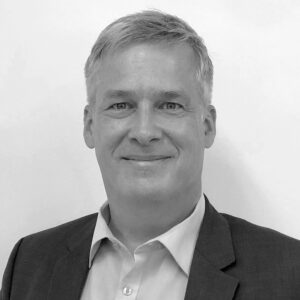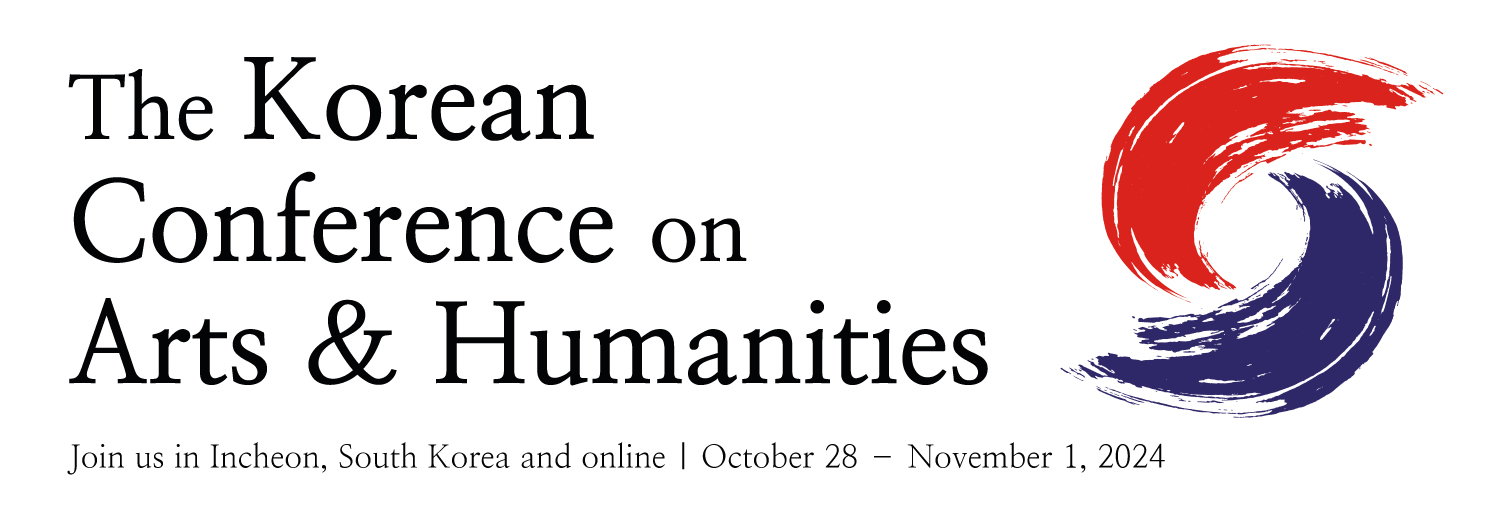Global Citizenship: Media and Digital Citizenship
Tuesday, 29 October 2024 11:50
Session: Plenary Session
Room: Premier A
Presentation Type: Forum Session
IAFOR invites all delegates to participate in The Forum, an ongoing discussion-style session held during the conference plenaries. The Forum discussion in Korea will centre on the topic of Global Leadership in a Fragmenting World.
In the face of a fragmenting world that endangers international cooperation, citizens worldwide are experiencing the consequences of the international community’s inability to solve issues connected to global security, climate change, the economy, and recent technological advancements. Ongoing wars have shifted power, re-militarised countries, and weakened global trade. While developing countries are starting to speak up for themselves, climate action frameworks such as the SDGs are failing. The cost to combat climate change is rising; meanwhile, frontier technologies are actively disrupting jobs, society, and security.
International organisations such as the World Economic Forum (WEF) are advocating for a re-evaluation of international cooperation and a subsequent move towards more innovative and inclusive approaches. While the proposed solutions hint towards a new type of multilateral cooperation, the issue of new global leadership required to implement all these ambitious plans and new partnerships is less discussed. Leaders hold power, and not many are eager to relinquish it.
Leaders are found at all levels of sociopolitical organisation, guiding countries through complex international relations, directing the flow of science information, and educating aspiring leaders and citizens within their communities and in one-on-one relationships on an individual level. If new globally oriented approaches, reforms, and plans are required to navigate through turbulent geopolitical times, a new globally oriented leadership must follow.
The Forum in Korea urges delegates to consider ’Global Leadership in a Fragmenting World’, specifically what ‘new’ global leadership looks like in the wake of contemporary crises. Questions posed to participants will include what can your country do to become a global leader? What defines a ‘global’ leader? How can we exercise leadership as students, educators, professionals, and institutional or governmental representatives? How can we prepare young leaders to be global citizens before they can step into the role? Join the conversation and expand upon these topics with us at The Forum.
Biographies
Brendan M. Howe

Brendan M. Howe is Dean and Professor of the Graduate School of International Studies, Ewha Womans University, South Korea, where he has also served two terms as Associate Dean and Department Chair. He is also the current President of the Asian Political and International Studies Association, and an Honorary Ambassador of Public Diplomacy and advisor for the Korean Ministry of Foreign Affairs. He has held visiting professorships and research fellowships at the East-West Center (where he is currently enjoying a second term as a POSCO Visiting Research Fellow (United States), the Freie Universität Berlin (Germany), De La Salle University (Philippines), The University of Sydney (Australia), Korea National Defence University (South Korea), Georgetown University (United States), Universiti Malaysia Sarawak (Malaysia), and Beijing Foreign Studies University (China).
Educated at the University of Oxford, the University of Kent at Canterbury (United Kingdom), Trinity College Dublin (Ireland), and Georgetown University (United States), his ongoing research agendas focus on traditional and non-traditional security in East Asia, human security, middle powers, public diplomacy, post-crisis development, comprehensive peacebuilding, and conflict transformation. He has authored, co-authored, or edited around 100 related publications, including Comprehensive Peacebuilding on the Korean Peninsula (Springer, 2023), Society and Democracy in South Korea and Indonesia (Palgrave, 2022), The Niche Diplomacy of Asian Middle Powers (Lexington Books, 2021), UN Governance: Peace and Human Security in Cambodia and Timor-Leste (Springer, 2020), Regional Cooperation for Peace and Development (Routledge, 2018), National Security, State Centricity, and Governance in East Asia (Springer, 2017), Peacekeeping and the Asia-Pacific (Brill, 2016), Democratic Governance in East Asia (Springer, 2015), Post-Conflict Development in East Asia (Ashgate, 2014), and The Protection and Promotion of Human Security in East Asia (Palgrave, 2013).
Apipol Sae-tung

Apipol Sae-Tung is an Academic Coordinator at IAFOR, where he contributes to the development and execution of academic-related content and activities. He works closely with the Forum’s partner institutions and mediates conference reports and roundtable discussions for the Forum’s international conference programme. He recently began facilitating the IAFOR Undergraduate Research Symposium (IURS).
Mr Sae-Tung began his career as a Program Coordinator for the Faculty of Political Science at Chulalongkorn University, Thailand. He was awarded the Japanese Government’s MEXT Research Scholarship and is currently pursuing a PhD at the Graduate School of International Development, Nagoya University, Japan. His research focuses on government and policy analysis, particularly on authoritarian regimes. He currently takes part in research projects on international student education in Thailand, Southeast Asian politics, Japan-Asia digital economy, and AI-language model training.
Mr Sae-Tung holds an MA in International Relations and Diplomacy from Thammasat University, where he studied foreign policy analysis and Thailand-China relations. He also holds a BA in History from the same institution, with a focus on modern Western and Southeast Asian comparative history and historiography.
Mr Sae-Tung has interned for the United Nations Centre for Regional Development (UNCRD) in Japan, and the United Nations Educational, Scientific, and Cultural Organization (UNESCO) in Thailand. Mr Sae-Tung served on the Lifelong Learning Team while with UNESCO, working specifically on projects enhancing education access through online platforms among Thai NEET individuals and supporting Myanmar migrant children in providing shelters and access to proper education along the Thai-Myanmar border.
About the Presenter(s)
-Brendan M. Howe is Dean and Professor of the Graduate School of International Studies, Ewha Womans University, South Korea, where he has also served two terms as Associate Dean and Department Chair.
-Apipol Sae-Tung is an Academic Coordinator at IAFOR, where he contributes to the development and execution of academic-related content and activities.
See this presentation on the full schedule – Tuesday Schedule





Comments
Powered by WP LinkPress